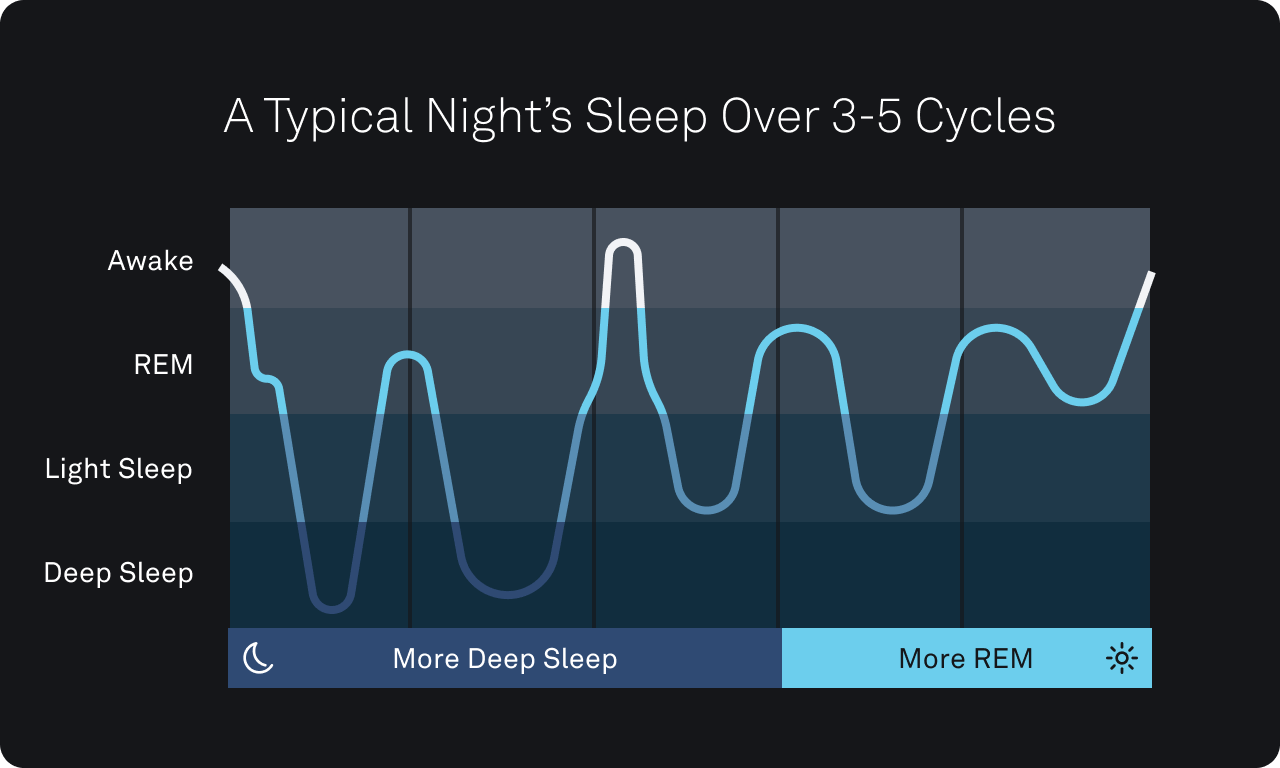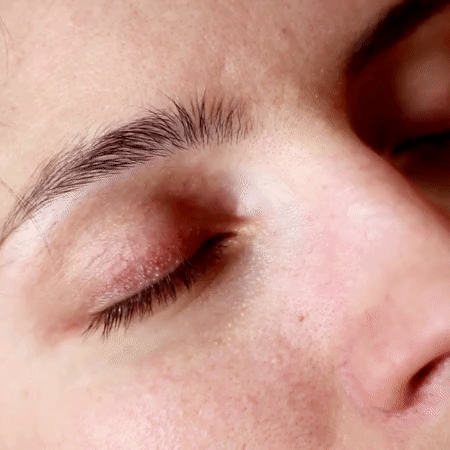Unlock the Secrets of Restful Sleep
The science of sleep: understanding your nightly journey
Delve into the intriguing realm of sleep cycles and uncover the vital role of REM sleep in boosting your mental and physical health. Understand the profound effects of sleep on your overall well-being and explore effective techniques to improve your nightly rest for a healthier lifestyle.
Transform Your Sleep, Transform Your Life
Navigating the Sleep Cycles
The complex journey of sleep stages
The sleep cycle is a dynamic process that involves transitioning through various stages, each with its unique characteristics. Contrary to popular belief, these stages do not progress linearly. Typically, a full cycle lasts about 90 minutes, and throughout the night, the duration of REM sleep increases while other stages shorten. Recognizing this pattern can help optimize your sleep quality and improve your daily functioning.
Understanding the intricacies of the sleep cycle is essential for enhancing sleep quality. Each cycle consists of multiple stages, starting with light sleep and progressing to deep sleep before entering REM. As the night progresses, the cycles adapt, with REM periods becoming longer. This non-linear progression is crucial for restorative sleep and can significantly impact your health and wellness.

The mysteries of REM sleep
SPACER

Understanding REm: the dream stage
Recognizing the significance of REM sleep can deepen your understanding of mental health and overall well-being. Named for the rapid eye movements observable during this phase, REM sleep triggers an increase in both respiration and brain activity, with brain wave patterns that closely mirror those seen during wakefulness.
REM sleep represents a remarkable stage where brain activity closely aligns with wakefulness while the body experiences a temporary state of paralysis. This intriguing phase is essential for various cognitive functions and emotional balance, serving as the backdrop for vivid dreams.
During REM sleep, your brain enters a state of heightened activity while your body experiences profound relaxation, leading to a temporary paralysis of voluntary muscles. This phenomenon, referred to as atonia, is essential for preventing your body from acting out the vivid dreams produced by your active mind, as the similarities between REM sleep and wakefulness can blur the lines between dreaming and reality.
How Long Does REM Sleep Last
First REM stage is very short, lasting only a few minutes
By the end of the night REM may last as long as 60 minutes
Understanding the sleep cycles
The Importance of REM Sleep
The sleep cycle is a multifaceted process that is essential for maintaining our health and well-being. Among its various stages, REM sleep is particularly noteworthy due to the surge of brain activity that occurs, mimicking the state of being awake. This important phase is integral to several cognitive functions, including memory consolidation, emotional balance, and the nurturing of creative insights. The vivid dreams that transpire during REM sleep assist us in processing and interpreting our thoughts and emotions. By enhancing your awareness of the sleep cycle and recognizing the significance of REM sleep, you can improve your mental sharpness and strengthen your emotional resilience.
Key Features of REM Sleep
REM sleep is a unique stage characterized by rapid eye movements and increased brain activity.
Extended Duration
As the night progresses, REM stages become longer, allowing for more restorative sleep.
Increased Brain Activity
During REM sleep, brain wave patterns mimic those of wakefulness, facilitating complex cognitive processes.
Atonia Phenomenon
To prevent the body from acting out dreams, voluntary muscles are temporarily paralyzed during REM sleep.
Dreaming Occurs
REM sleep is the primary stage for dreaming, providing a space for emotional and psychological processing.
Sleep duration recommendations
Understanding sleep needs by age
Recognizing the importance of sleep in promoting our overall health and wellness is crucial, as our individual sleep needs evolve throughout our lives, highlighting the necessity to understand and adjust to our unique sleeping habits.
Here are the recommended guidelines for sleep, according to age:
Babies: 14-17 hours
Children: 9-11 hours
Teens: 9-10 hours
Adults: 7-9 hours
Seniors: 7-9 hours
Babies require the most sleep, with experts recommending 14 to 17 hours per day to support rapid growth and development.

School-age children should aim for 9 to 11 hours to ensure optimal cognitive and physical development.

Teenagers, who are often sleep-deprived, need about 8 to 10 hours to support their changing bodies and minds.

Adults typically need 7 to 9 hours to function at their best, although individual needs can vary.

The discussion continues regarding whether adults below the age of 65 require similar sleep durations as their older counterparts or if they simply alter their sleep distribution throughout the day due to lower activity levels and other influences typically associated with aging, such as health challenges. For individuals aged 65 and above, aiming for 7 to 9 hours of sleep is essential, as their sleep patterns often evolve with the aging process.


Consequences of Sleep Deprivation
The Impact of Insufficient Sleep
Poor mental health
Failing to get enough sleep can have significant repercussions on both mental and physical health. Common side effects include increased anxiety, irritability, and mood swings, which can affect personal and professional relationships. Memory issues and difficulty concentrating are also prevalent, impacting productivity and learning.
poor physical health
Physically, chronic sleep deprivation can lead to a weakened immune system, making individuals more susceptible to illnesses. It can also contribute to weight gain, increased appetite, and a higher risk of developing chronic conditions such as diabetes and heart disease.
poor performance
The importance of sleep
Sleep: A Cornerstone of Health and Wellness
Transform Your Sleep Health Today
Discover the transformative power of restorative sleep and elevate your overall health by scheduling a sleep evaluation with Dr. Dixon. Delve into the benefits of Cognitive Behavioral Therapy for Insomnia (or CBT-I), and embark on your journey toward achieving deeper, more rejuvenating sleep.



